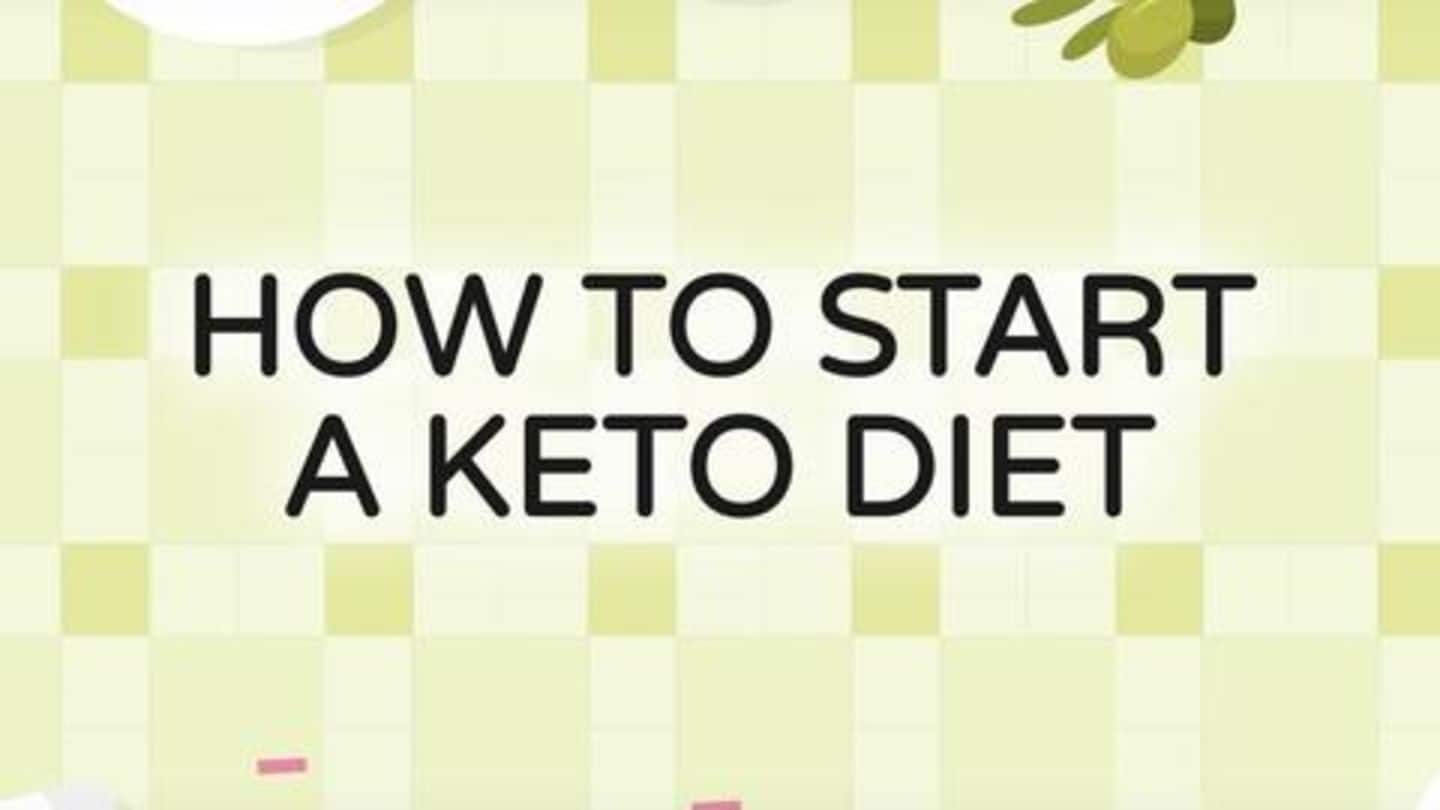
#HealthBytes: What is Keto diet and how it works
What's the story
If you happen to be a weight-watcher, you've probably already heard of the Ketogenic diet, one of the hottest diet buzzwords. The Keto diet encourages increased consumption of healthy fats, a moderate amount of protein consumption, and much lower intake of carbohydrates, in order to promote healthy weight loss. Here's all you need to know about the Ketogenic diet.
The mechanism
How does the Keto diet work?
The Keto diet is a low-carb, high-fat diet, that aims at drastically reducing carbohydrates intake, and replacing it with fat consumption. Such reduction in carbs leads your body to a metabolic state, known as ketosis. This further helps your body to quite efficiently burn fat for energy. Additionally, it converts fat into ketones in the liver, thus contributing to energy supply to the brain.
Information
The Keto diet reduces blood-sugar and insulin levels in body
The Keto diet leads to huge reductions in blood sugar and insulin levels in the body, which in combination with increased ketones, has many amazing health benefits.
Weight loss
Keto diet for weight loss
The unconventional Keto diet proves effective for promoting healthy weight loss, and reducing risk of lifestyle diseases. Research suggests that it is way better than the usually recommended low-fat diet. Further, a study showed that participants on Keto diet lost 2.2 times more weight than those on a calorie-restricted, low-fat diet. What's more? They also witnessed improvement in Triglyceride and HDL cholesterol levels.
Do you know?
Other health benefits of Keto
Originally invented to treat neurological diseases, the Keto diet, apart from promoting healthy weight-loss, also prove beneficial against diseases like cancer, heart disease, Alzheimer's, epilepsy, Parkinson's and other brain injuries.
Foods
What to eat, what not to eat
Since the diet focuses on limiting carbohydrates, food items such as grains, beans, legumes, fruits, alcohol, and unhealthy fats should be avoided. And in lieu of them, low-carb, fatty food items such as meats, fishes, eggs, butter, cream, cheese, nuts, seeds, healthy oils, avocados, and low-carb veggies (green veggies, tomatoes, onions etc.) should be consumed.
The bad side
Side effects of the Keto diet
When switching on to a Keto diet, there might be some side effects, as your body takes time to adapt. This is known as keto flu and often includes poor energy, improper mental function, increased hunger, sleep issues and nausea. To minimize these effects, you may try a low-carb diet for the first couple of weeks before turning to a completely zero-carb diet.